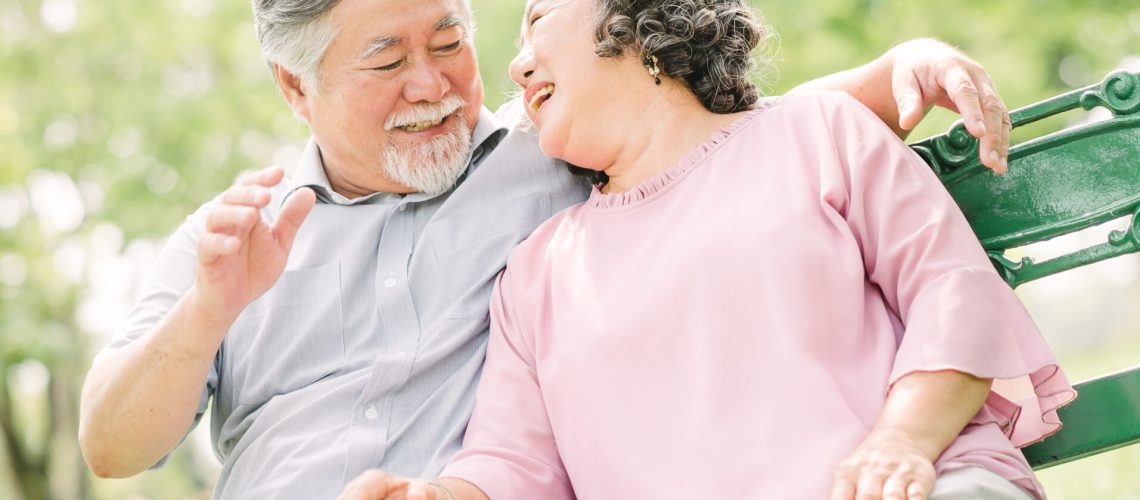Summer Health Tips for Seniors
The heat of summer is here, so this is a good time to review some vital safety tips for seniors. Elderly persons are more prone to the effects of heat and at greater risk for dehydration. Make sure you or someone you can trust is checking in on your elderly family members.
• Go outside early or late when it’s a little cooler.
• Exercise indoors at a gym or mall.
• Drink plenty of fluids – and remember alcoholic and caffeinated beverages have a diuretic effect. Talk with your doctor if you take medications that affect fluid intake, such as Lasix.
• Be sure A/C works properly. Make a plan for if the electricity goes out – or the home does not have air conditioning – when the heat is at dangerous levels.
• Call or check on elderly loved ones regularly during very hot weather. Consider hiring a caregiver when you cannot be there yourself.
• Learn signs of dehydration, heat exhaustion, and heat stroke.
The most common signs of dehydration in the elderly are thirst, confusion, irritability, and poor skin elasticity. Keeping hydrated is important—drink even when not thirsty. Heat and dehydration may make seniors more prone to dizziness, falls, and mental confusion.
Heat exhaustion warning signs sweating, paleness, muscle cramps, fatigue, weakness, dizziness, headache, nausea, and fainting; cool, moist skin; rapid pulse, and rapid, shallow breathing.
Heat stroke occurs when the body becomes unable to control its temperature: the body’s temperature rises rapidly – 106°F or higher – and the body loses its ability to sweat and cool down. Warning signs include extremely high body temperature, red, hot, and dry skin, rapid pulse, throbbing headache, dizziness, and nausea.
Heat stroke is a medical emergency that may result in death or permanent disability without immediate care.
Be aware of other summer dangers. Hire someone for home maintenance tasks like yard work or cleaning gutters. These are especially dangerous in the heat and also pose risks for falling and safety. Be vigilant about sunscreen and protect against insect bites. If any unusual symptoms occur, seek medical attention.
—By Caren Parnes, for The Senior’s Choice


